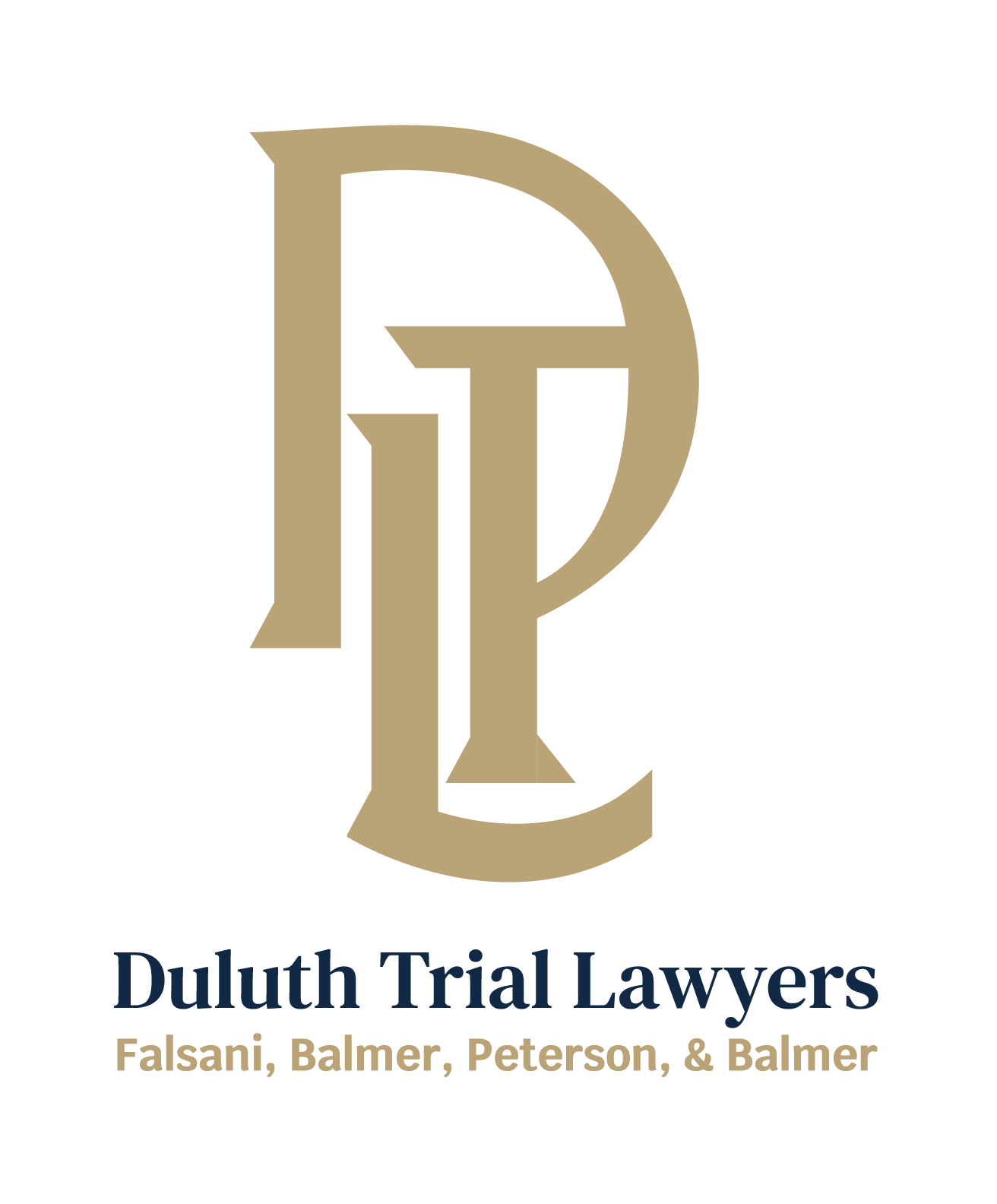Minnesota has strict laws about how you can use cell phones when operating a motor vehicle. These extra laws are essential because one out of five car crashes between 2013 and 2017 occurred as a result of distracted driving.
After a car accident, you will need to pursue a claim with your auto insurance company to try to recover damages. Proving the other driver holds most of the liability because he or she was on a cell phone or distracted in some other manner could be instrumental in your case. It can be tough to prove a driver became distracted, but it is worth pursuing every path you have. It is uncommon for another driver to admit fault, so you need to remain proactive.
Take pictures at the scene
After a car crash, you should always take pictures of both vehicles. However, you also want to take pictures of the surrounding area because other factors, such as a pothole, could have contributed to the collision. Pictures may also reveal evidence showing the other driver became distracted. For example, you may take a picture of a half-eaten hamburger in the passenger’s seat. This would indicate the other driver ate behind the wheel and could have avoided the crash had both hands been on the wheel.
Get a witness’ testimony
You have no idea if the other driver looked at a phone or ate food behind the wheel. However, a passerby may have seen something. You should always talk to people in the vicinity to see if they can provide a statement that helps your case. It is also worth it to talk to people in the other driver’s car. Occasionally, passengers will come clean in guilt and admit the driver was on the phone when the accident occurred. Ultimately, you will need some kind of evidence to prove distracted driving in these cases.

